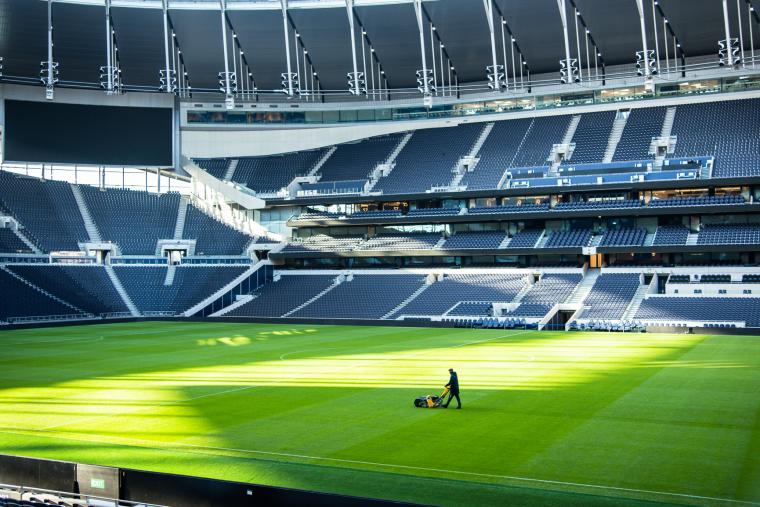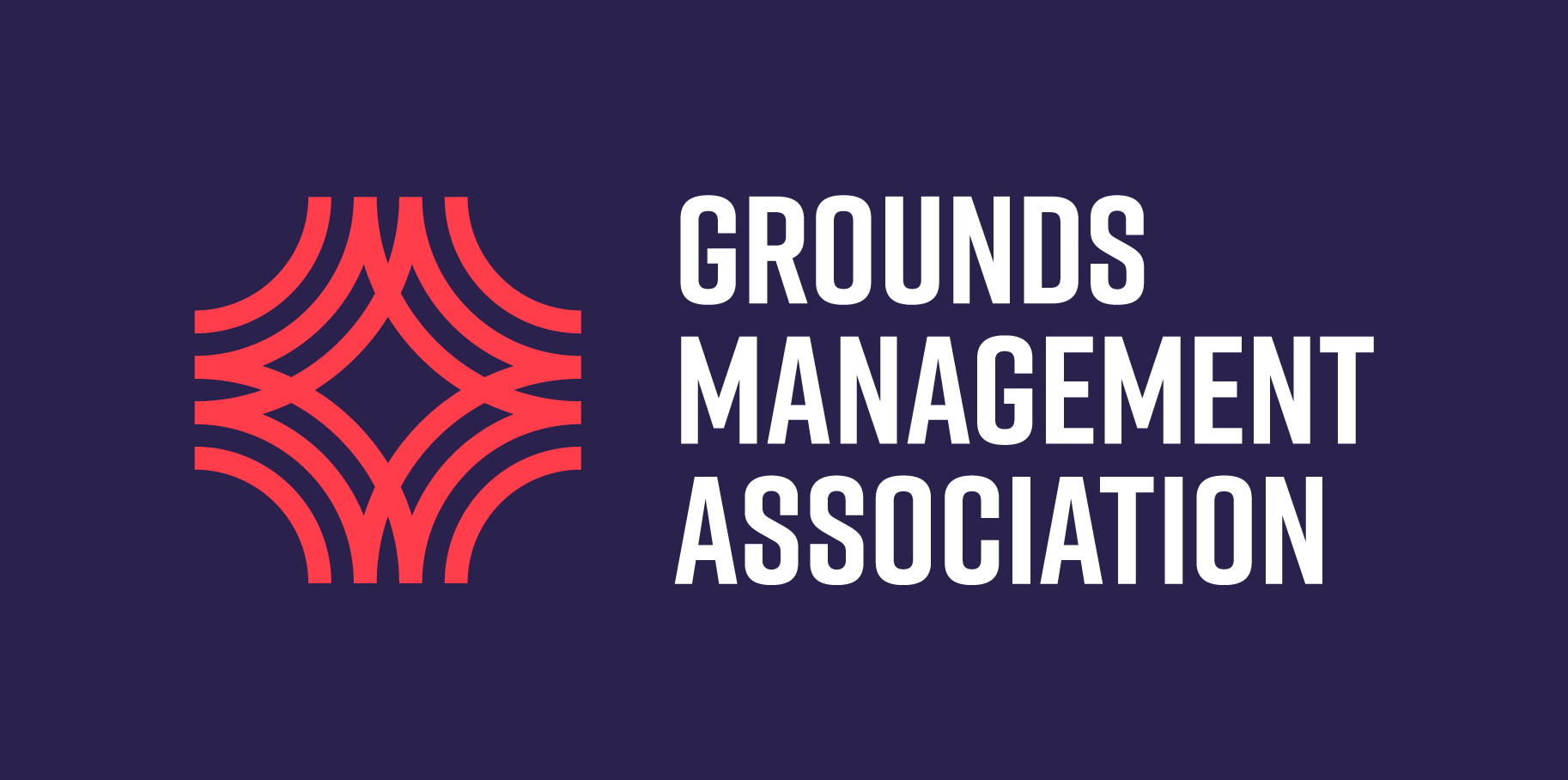
#GroundsWeek 2021 takes place 1-7 March
This #GroundsWeek, the Grounds Management Association’s specialist turf care advisers share their six top tips for grassroots grounds volunteers and staff on how to maintain excellent quality pitches for the current season to help grounds staff get ahead of the game.
Decide what standard you are working to
- Before anything else, decide what a suitable standard of grounds would be for your site
- By determining the standard you want to achieve, you can efficiently assess whether you have the machinery, staff, financial resources and skills to deliver it
- Following this, develop a plan for you and your team with realistic aims and objectives
Data is king!
- Data is the easiest form of information for non-grounds management staff to understand the impact of your work – and what else you might need to do an even better job
- Monitor your pitch’s quality and safety by using quantifiable data. This may be limited to rainfall, ground cover and root depth or may incorporate a full range of PQS parameters
- Commit to a measurement programme that is realistic and sustainable. Over time, measuring what works and what doesn’t will give you vital data to support your request for extra resource
- Pitch issues can be caused by a number of factors, so having the data to demonstrate the detrimental impact of said factors on the pitch will ensure you can make a case for change
Get to know your surfaces
- Ensure you are confident of the effects of every product and material you are using
- Don’t be afraid to ask questions about new and innovative products or services to gather vital information before making changes to your maintenance programmes
- Key questions include: How does this product work? Why is it better than what I’m using already? How will it work with other equipment or materials I’m already using?
Communicate the relevance of your work
- Grounds management tasks can go unnoticed or be misunderstood. By engaging with colleagues in other areas of the business you can explain why and when you are completing maintenance and what this means for the end result
- Engaging with the wider company may form part of your risk control measures within a health and safety policy. This can be a good excuse to inform the wider company of your work and its importance
- Don’t rely on users or coaches to understand why they shouldn’t do certain things, such as walking on the grounds straight after it has been fertilised
- Clear and measured communication helps to reach common goals and improve relationships with colleagues. Everyone wants better surfaces!
Be professional
- Try to always present, conduct and carry yourself in a professional manner
- When communicating with colleagues, line managers or upper management be confident and professional in your appearance. Practice your communication techniques and create a presentation or document that explains the work you do too
Bonus Tip
- The GMA has a whole host of resources to help you be on top of your game including a ‘Grounds Management Toolkit’ to help you brush up on the basics, industry specific training courses, Turfcare Advisory Service and so much more if you become a member! So, what are you waiting for?
